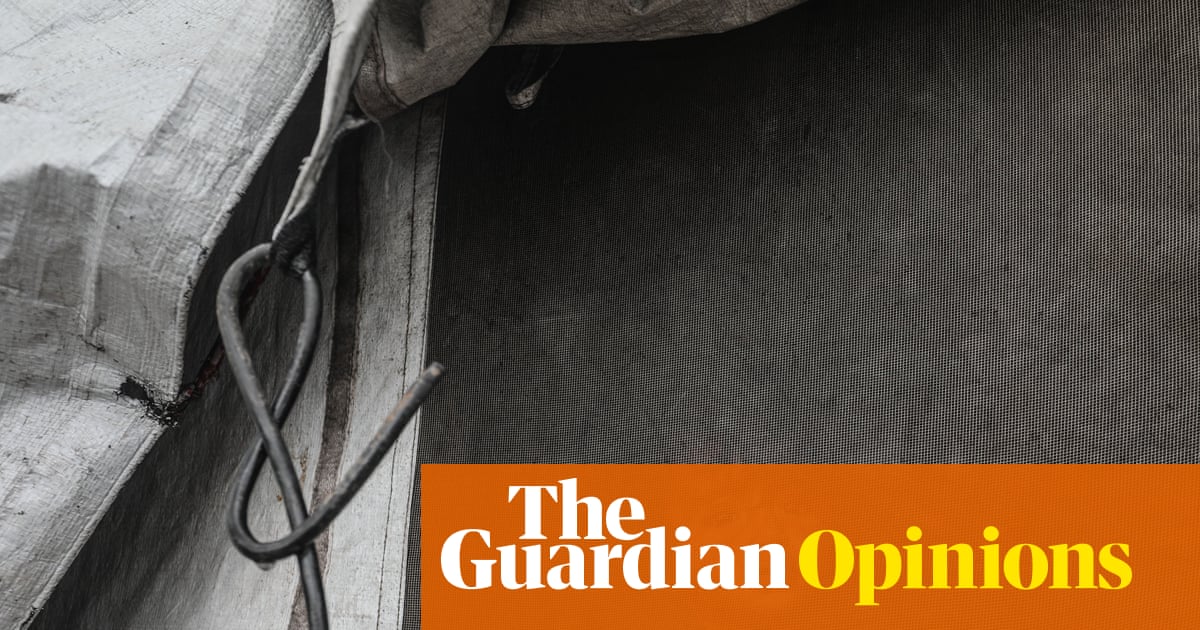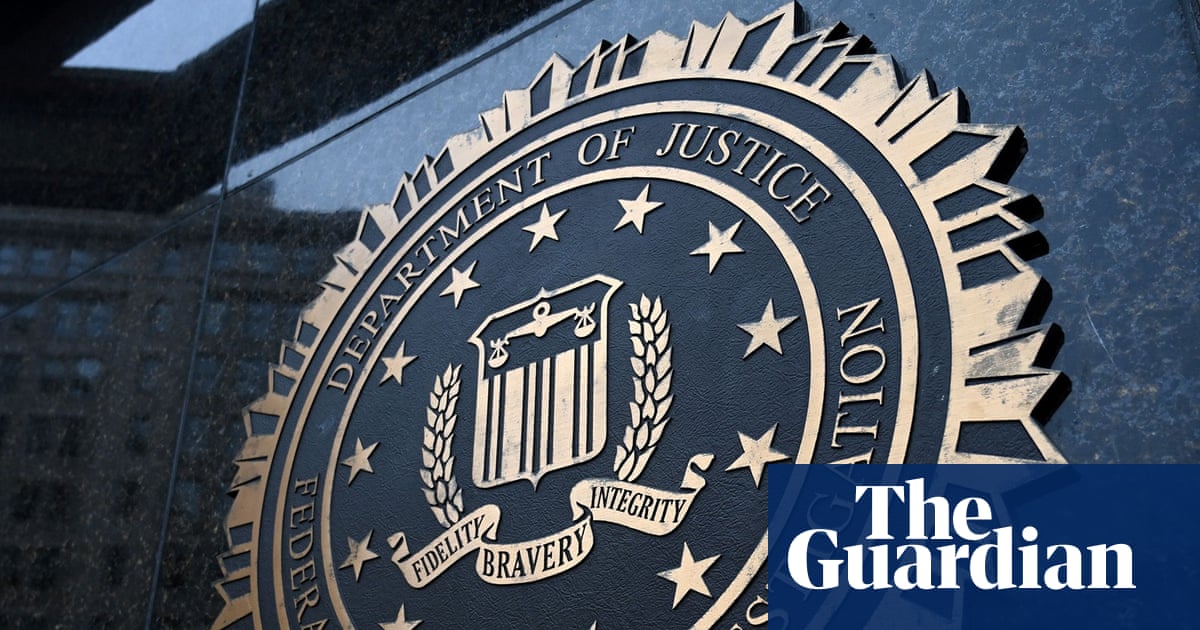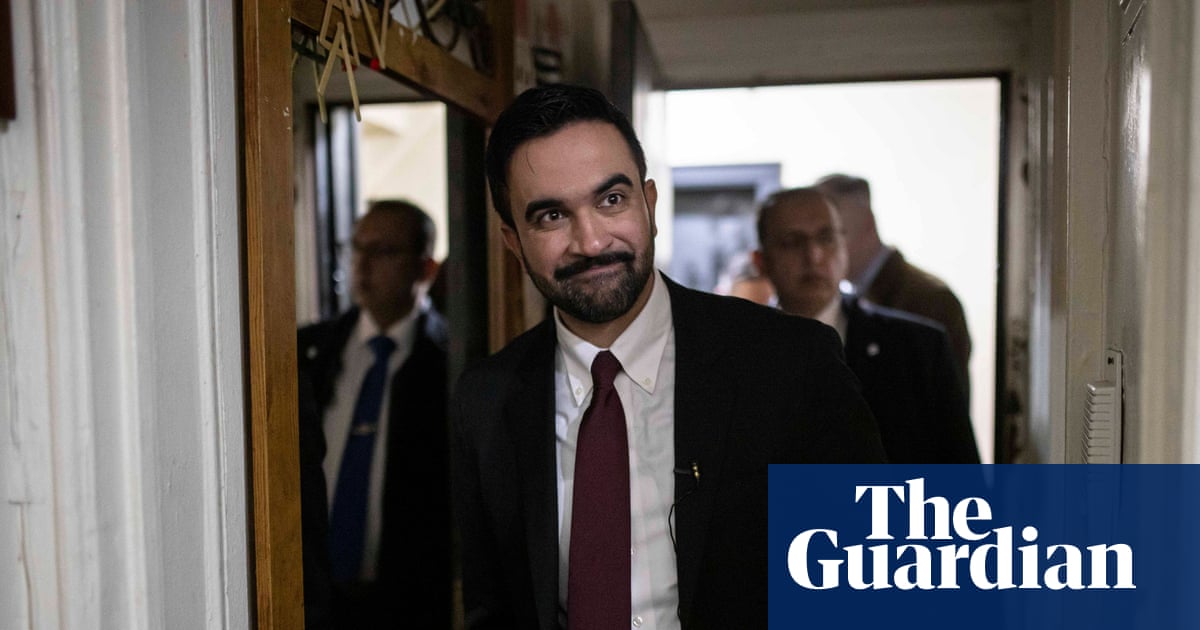On Memorial Day weekend 2025, a woman frantically called to tell me her husband was being removed to Laos late that night, with only hours of notice. Though I’m a solo practitioner with limited resources, I took the case pro bono because my values drive me to help indigent clients. I was aware of the government’s catch-me-if-you-can scheme to move detainees around without notice to escape court oversight, but I felt prepared for the challenge because I’m also an independent legal scholar who published a practice guide to help lawyers navigate habeas corpus actions for immigrant clients.
Though I secured an order from the northern district of Texas explicitly preventing my client’s removal from the United States, he was nevertheless put on an international flight around 1am on Memorial Day. After a restless night making calls and sending emails, I went on a hike to refresh. My client surprised me with an exasperated call from Guam, where he had been deplaned and detained, possibly because of my actions that night. It was a small victory – he remained in a US territory. I rushed to file for a new order in the district of Guam to help ensure my client was not going to be made stateless, indefinitely imprisoned or removed in a way that defied human rights treaties.
Facing the specter of conditions in El Salvador’s Cecot facility and the plight of other immigrants having been removed without notice, I had previously secured a class action against removals for my own district around Los Angeles, and I wanted to extend such protection to this client. I knew President Trump had issued a proclamation attempting to justify removals after the fact, but I used my best judgment and skills to ask the court to enforce the actual law as written. The government nevertheless proceeded to take my client out of the United States. So I was taken aback when the government asked the judge to punish me for my efforts via a motion for sanctions – which is a novel strategy by the administration to go after immigration attorneys personally by attempting to ruin their record or fine them. I was now a target.
Sanctions are viewed within the profession as raising ethics concerns and questions about an attorney’s judgment; they can render you ineligible for any number of professional roles, such as professorships and judgeships. I therefore planned to contest the motion quietly and alone, thinking the law favored me. Nevertheless, I was troubled that my actions to advocate for my client could be construed as unprofessional – because my calm and focused demeanor in court is starkly in contrast with the performance put on by the Trump administration, which has bled over to the Department of Justice and bucked all tradition of an independent and dignified DoJ.
Shortly afterwards, a reporter informed me I appeared to be the first attorney targeted in a larger scheme in which federal agencies were instructed to formally accuse attorneys of unethical conduct to try to disable them and dissuade further litigation. The reporter intended to run an article, hoping for my input. I did not want to become a story in my client’s case, and I asked the journalist to use only my client’s initials to help protect him, as I did in court filings. But the government put his full name in their filings, apparently to punish him for attempting to assert his rights in court. Though the underlying case was dismissed, my client’s appeal remains very active and may have further motivated the government to pursue me.
In the US, we believe our government is one of laws and not of men so we can be treated fairly. Due process, ie notice and an opportunity to be heard, is fundamental to our sense of fairness. We expect our day in court to explain things and to avoid errors and miscarriages of justice. Similarly, we expect to have our say in the laws that govern us.
We all rely on the stability of laws and policy to live out peaceful lives in our country. US policy during the Vietnam war brought my client and his family to the US in early childhood, so he feels as betrayed as we all do by the current instability. Yet the US supreme court routinely ignores and even overturns court precedents to support Trump’s sweeping edicts through court orders with little or no reasoning, affecting all our rights without the debate or notice demanded by our normal democratic legislative and judicial processes. Lower courts and attorneys are left in a quandary as dangerous precedents are being set that are extendable to all Americans, not just immigrants.
My scholarship traces the supreme court’s unceremonious erosion of individual rights, and it’s now accelerating because all rights are tied to immigrant rights. While most Americans believe racial profiling by Ice was only recently made legal, the court actually endorsed it in the 1970s with an operating zone that includes most major US cities. As the military supports Ice’s reckless and violent roundup of immigrants – sometimes including citizens – the government is foreshadowing an era of control without redress.
Our founders and framers enshrined immigrant rights in our founding documents, thereby securing America’s economic vitality. Now as then, we must decide whether to stand together or fall.
-
Joshua Schroeder is a first amendment attorney

 3 months ago
66
3 months ago
66

















































